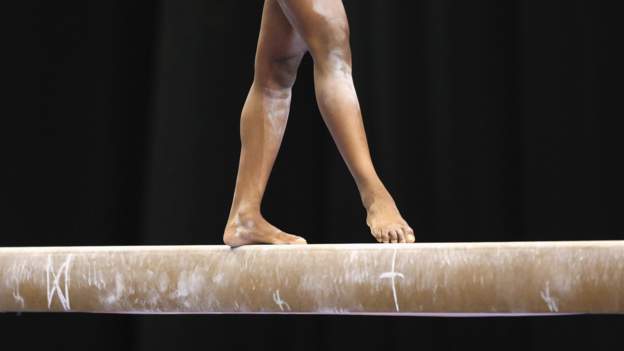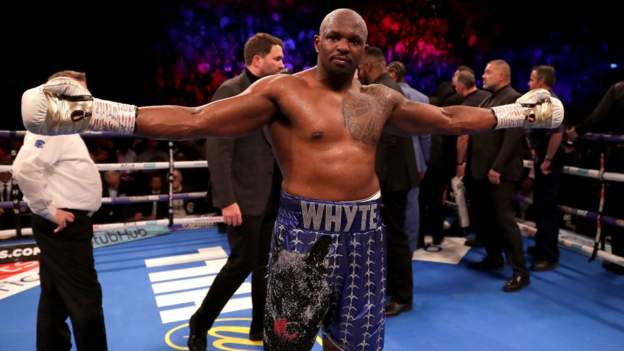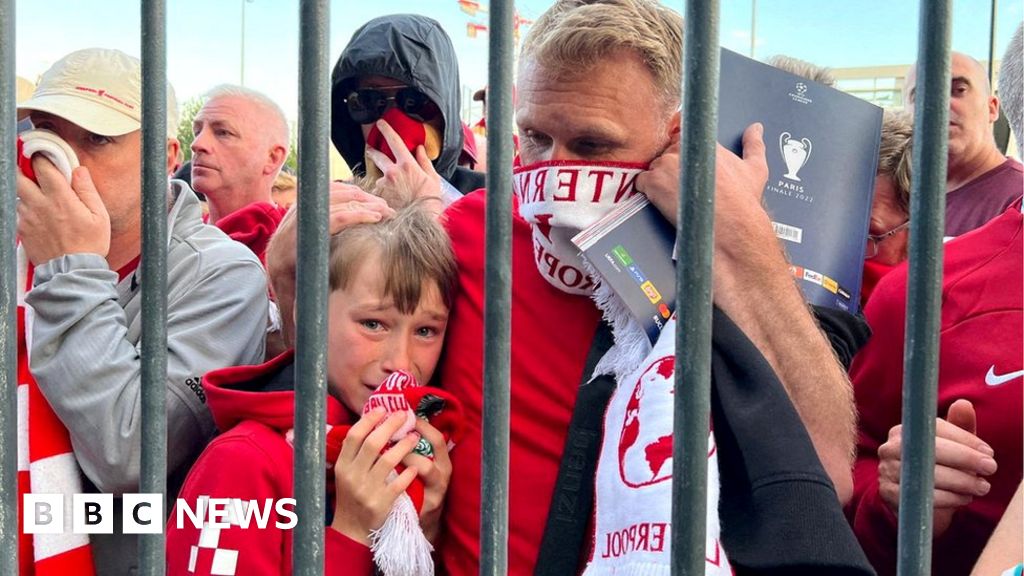British Gymnastics has published a list of banned coaches and other members – consisting of 62 people – as part of its plan to reform the sport.
It forms part of the governing body’s ‘Reform 25’ action plan, which aims to “create safe, positive and fair experiences” for gymnasts.
Those named have been given a time-limited ban or expelled from British Gymnastics because of a safeguarding investigation, criminal conviction or conduct and disciplinary reasons.
The list, which will be continually updated, includes coaches, judges and a gymnast.
Those who are subject to a temporary suspension because of ongoing investigations have not been included on the list.
In June British Gymnastics was criticised for its “inept and dysfunctional” system a year after the publication of the damning Whyte Review, which detailed “systemic” issues of physical and emotional abuse within the sport.
“Nothing is more important to us than the safety and wellbeing of all those involved in our sport,” said Geraldine Costello, British Gymnastics director of welfare and safe sport.
“While anyone banned or expelled had already been removed from the environment, we believe publishing this list is in the best interest of the sport and the wider public.
“It is one part of a much bigger programme of reform that we are continuing to put in place with the input of gymnasts, coaches, clubs and parents so that we can ensure we deliver an uplifting gymnastics experience for everyone involved in our sport.”
What is the background?
In a 306-page report, the Whyte Review outlined incidents of athletes being made to train on broken bones, punished for needing the toilet and sat on by coaches. More than 90 clubs and more than 100 coaches were mentioned by gymnasts in the course of Anne Whyte KC’s investigation.
Gymnasts were subjected to excessive weight management, which left some with eating disorders described as the “tyranny of the scales” by Whyte.
The report anonymised the hundreds of athlete submissions it received and did not identify any coaches.
The list, which was not suggested as part of the Whyte Review’s recommendations, shows bans and expulsions dating back to 1994.
Campaign group Gymnasts For Change said the publication of the list was a “significant step in the right direction” and an “important and validating moment”.
However, it added: “Until there is greater transparency in the complaints, investigations and appeals processes, with trauma informed approaches to hearings and better protections for whistleblowers, the list will be left wanting.”
If you have been affected by issues raised in this article, there is information and support available on BBC Action Line.





















